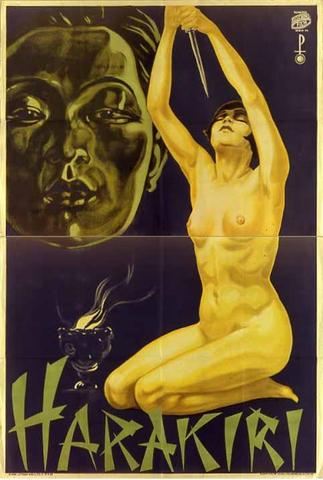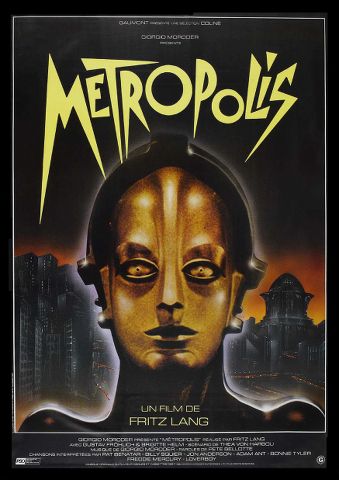

Quote:
While the City Sleeps (1954) was Fritz Lang’s last fully successful film, one of a pair of movies that he made with independent producer Bert E. Friedlob (the other was Beyond a Reasonable Doubt). Additionally, it has proved to be one of his more enduring successes over the decades, due to the combination of its virtues as a thriller and also as a snapshot of American mores circa 1954. It may not be as respected as, say, M (1931) or Fury (1936), but it might be the Lang film that Americans of the baby-boom generation know best, through countless television showings in the 1960s and ’70s, and like most for its sinister subtext. Strangely enough, While the City Sleeps was not a story that Lang that set out to tell — producer Bert E. Friedlob rejected several of the director’s proposed subjects and imposed the story on Lang, as he had already bought the rights to Charles Einstein’s novel The Bloody Spur. That book was based on the criminal career of William Heirens, who had terrorized that city with a string of burglaries, sexual assaults, and murders during the mid-’40s. Heirens was identified as the “Lipstick Killer” when he left a message, scrawled in lipstick, at one of his crime scenes, asking the police to stop him. He was later caught, and he confessed and was given a life sentence (which he was still serving as of 2003). Read More »








